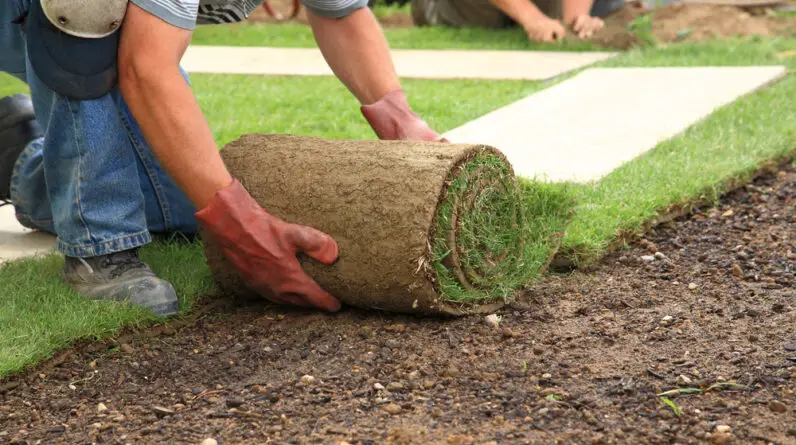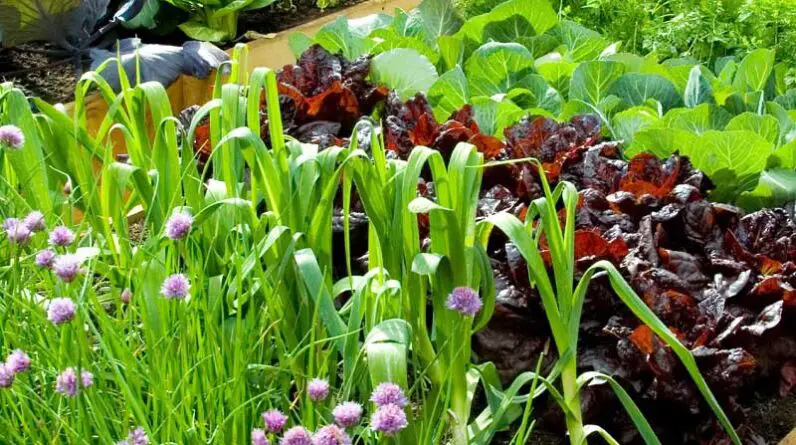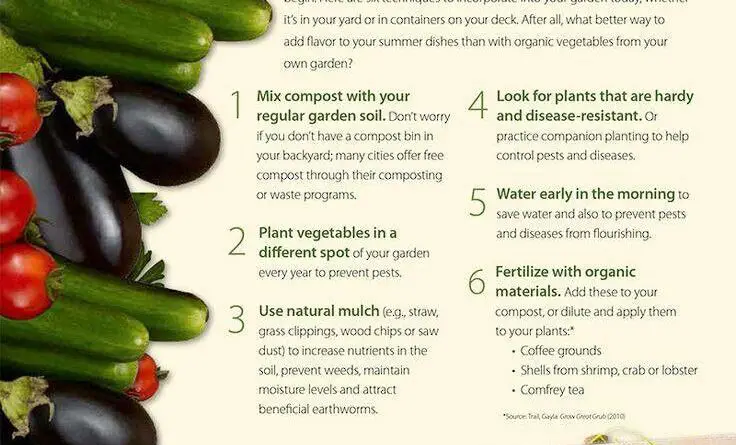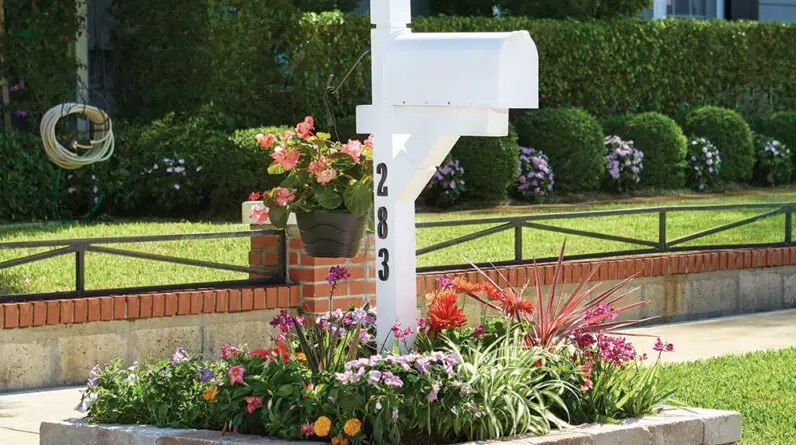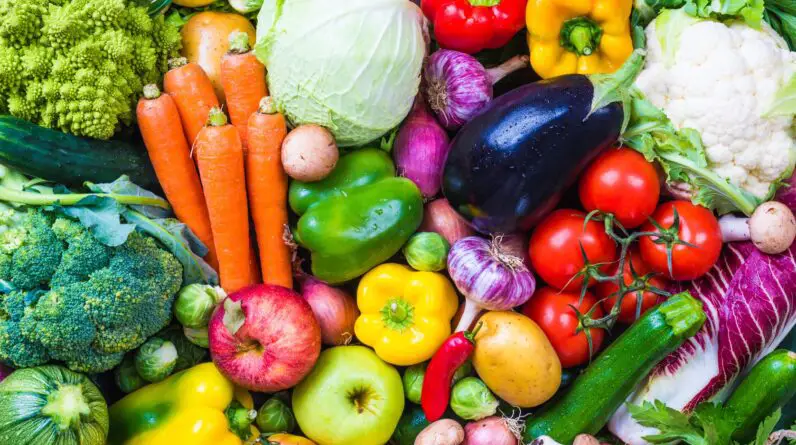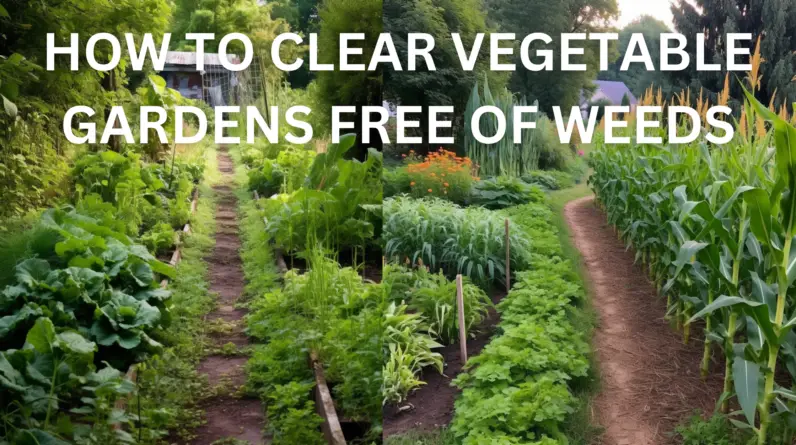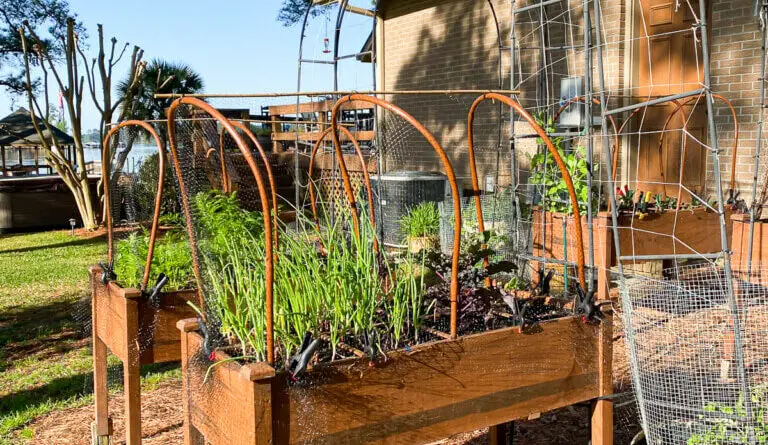
So, you’ve finally decided to start your own vegetable garden, huh? That’s fantastic! There’s nothing quite like harvesting your own fresh produce straight from your backyard. But here’s the thing – while you may be all excited about your new gardening venture, there are some sneaky little creatures out there who might also have their eyes on your hard-earned veggies. Yes, I’m talking about those notorious squirrels. But worry not, my friend, because I’m here to share some tips on how to protect your vegetable garden from these furry intruders.
Now, squirrels can be quite the troublemakers when it comes to your beloved plants. They love to dig up your garden beds, snack on your precious veggies, and leave a trail of havoc in their wake. But fear not, because you have some options to keep them at bay. In this article, we’ll explore different methods to protect your vegetable garden from squirrels, from physical barriers to natural deterrents and even some clever tricks. By the end, you’ll be armed with all the knowledge you need to ensure your crops stay safe and squirrel-free.
So, what can you do to keep those pesky squirrels from feasting on your veggies? Well, physical barriers are a great place to start. Installing a sturdy wire mesh fence around your garden can be a highly effective way to keep them out. Additionally, there are also some natural repellents you can try, such as using strong-smelling plants like garlic or planting marigolds around the perimeter. If all else fails, you can resort to some unconventional methods, like creating a distraction for the squirrels or placing reflective objects in your garden to scare them away. Trust me, these tricks might just do the trick!
So, are you ready to learn more about protecting your vegetable garden from squirrels? In the upcoming article, we’ll dive deeper into each of these methods, providing you with all the necessary details and step-by-step instructions. By the time you finish reading, you’ll be armed with the knowledge to create a fortress around your precious crops and outsmart those mischievous squirrels. So, stay tuned and get ready to reclaim your garden from these nut-loving critters!
Click Here For The Best Gardening Tools On The Market!
Understanding the Threat of Squirrels to Vegetable Gardens
Squirrels are cute and fluffy creatures that many people enjoy watching as they scurry around. However, when it comes to your vegetable garden, these seemingly harmless creatures can pose a significant threat. Squirrels have a voracious appetite and can quickly decimate your carefully cultivated plants. Understanding the nature of squirrels and their impact on vegetable gardens is crucial in implementing effective prevention methods.
The Nature of Squirrels
Squirrels are agile rodents that belong to the Sciuridae family. They are known for their sharp teeth, which they use to gnaw on various objects, including plants. Squirrels are omnivorous creatures, meaning they eat both plants and animals. While they primarily feed on a diet of nuts, seeds, fungi, and berries, they are not averse to munching on fresh vegetables from your garden.
These creatures are especially active during the day, and their ability to climb trees and jump from branch to branch makes it easy for them to access vegetable gardens. Their sharp claws and agile bodies enable them to overcome many obstacles in their quest for food, including fences and other barriers. Therefore, it is essential to implement effective prevention methods to keep these pesky invaders away from your vegetable garden.
The Impact of Squirrels on Vegetable Gardens
The impact of squirrels on vegetable gardens can be devastating. They have a particular affinity for tender shoots, fruits, and vegetables, making them a significant threat to the success of your garden. Squirrels will dig into the soil, causing damage to the roots of your plants. They will also gnaw on the stalks and leaves, often leaving behind a trail of destruction.
In addition to the physical damage caused by squirrels, they can also introduce disease and pests to your garden. These creatures have a tendency to dig up and bury their excess food, which can disrupt the planting patterns and disturb the soil. This behavior also attracts other unwanted pests, such as insects and rodents, further exacerbating the problem in your vegetable garden.
Identifying Common Signs of Squirrel Infestation
To effectively protect your vegetable garden from squirrels, it is crucial to be able to identify the signs of their presence. By recognizing these signs early on, you can take prompt action and implement the necessary prevention methods.
Visible Damage to Plants
One of the most obvious signs of a squirrel infestation in your vegetable garden is visible damage to your plants. Squirrels will chew on the leaves, stems, and fruits, leaving behind bite marks and partially consumed produce. Keep a close eye on your plants and inspect them regularly for any signs of squirrel-induced damage.
Presence of Squirrel Nests
Another clear sign of a squirrel infestation is the presence of squirrel nests in your garden or nearby trees. Squirrels construct nests, or dreys, using twigs, leaves, and other materials they find in their surroundings. These nests are typically spherical in shape and can be found high up in the trees or nestled in tree cavities. If you spot any squirrel nests in your vicinity, it is a strong indication that these creatures are close by and may be targeting your vegetable garden.
Scattered Debris in the Garden
Squirrels are known to be messy eaters. They will often nibble on fruits and vegetables, leaving behind scattered debris in your garden. Look out for discarded shells, partially eaten produce, and other signs of a squirrel’s feeding frenzy. These tell-tale signs will confirm the presence of squirrels in your vegetable garden.
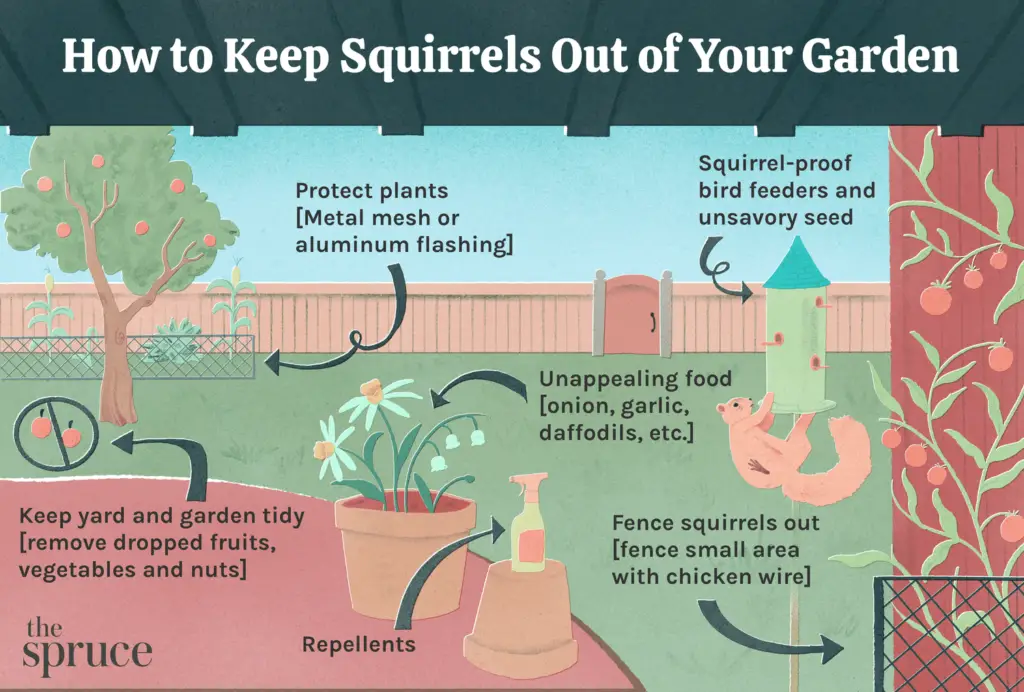
Click Here For The Best Gardening Tools On The Market!
Effective Prevention Methods
To protect your vegetable garden from squirrels, it is essential to employ effective prevention methods. Implementing a combination of strategies will increase your chances of success in deterring these persistent garden invaders.
Choosing Squirrel-Resistant Vegetable Varieties
One way to minimize the impact of squirrels on your garden is by selecting squirrel-resistant vegetable varieties. Certain vegetables, such as peppers, onions, and herbs like rosemary and thyme, have a strong scent or taste that squirrels find unpalatable. Including these varieties in your garden can help deter squirrels from feasting on your vegetables. Additionally, planting vegetables that mature quickly can help you harvest them before squirrels have a chance to cause significant damage.
Implementing Physical Barriers
Physical barriers can play a crucial role in preventing squirrels from accessing your vegetable garden. Fencing can be an effective measure, provided it is constructed appropriately. When installing a fence, ensure that it extends at least 2 feet underground to prevent squirrels from burrowing underneath. The fence should also be at least 4 feet high and have a mesh size small enough to prevent squirrels from squeezing through.
Additionally, you can consider placing collars around the base of your plants. These collars act as a physical barrier, preventing squirrels from digging and damaging your vegetables. Use materials such as hardware cloth or chicken wire to create these collars and secure them firmly into the ground.
Using Squirrel-Repellent Plants
Certain plants have natural compounds or scents that squirrels find repulsive. Planting these repellent plants around your garden can help deter squirrels from entering. Examples of squirrel-repellent plants include marigolds, daffodils, and hyacinths, which release strong smells that squirrels find unpleasant. Incorporating these plants into your garden will not only enhance its aesthetics but also act as a natural deterrent.
Creating a Squirrel-Proof Garden Design
Creating a squirrel-proof garden design involves strategic planning and consideration of the squirrels’ behavior and potential entry points into your garden. By implementing the following design strategies, you can minimize the risk of squirrel infestation.
Strategic Placement of Vegetation
When designing your garden, consider the strategic placement of vegetation to deter squirrels. For example, planting tall, thorny plants or shrubs near the borders of your garden can make it more difficult for squirrels to access your vegetables. Similarly, planting dense crops, such as beans or peas, can create a natural barrier that squirrels will find challenging to navigate.
Also, consider interspersing plants that squirrels dislike among your vegetable crops. For instance, squirrels have an aversion to plants like mint, garlic, and chives. By strategically planting these repellent herbs throughout your garden, you can help deter squirrels from entering.
Utilizing Protective Netting and Fencing
In addition to designing your garden layout strategically, utilizing protective netting and fencing can provide an added layer of security. Netting can be placed over your plants to prevent squirrels from accessing them. Ensure that the mesh size of the netting is small enough to prevent squirrels from squeezing through. Similarly, using mesh or wire fencing can deter squirrels from entering your garden altogether.
When installing netting or fencing, make sure it is secured tightly and covers the entire area. Regularly inspect the netting or fencing for any signs of wear or damage and repair as necessary to ensure continued protection.
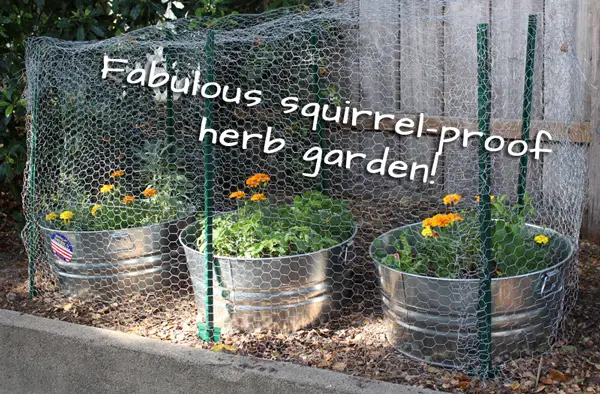
Utilizing Natural and Homemade Repellents
If you prefer to use natural or homemade repellents, there are several options available that can help deter squirrels from your vegetable garden.
Hot Pepper Sprays
Squirrels dislike the taste or scent of hot peppers. Creating a hot pepper spray by steeping chili peppers in water and spraying it on your plants can help repel squirrels. The capsaicin in the peppers will leave an unpleasant taste on the leaves and fruits, discouraging squirrels from feeding on them.
To make a hot pepper spray, finely chop or blend a handful of hot peppers and mix them with a quart of water. Let the mixture sit for a few hours to allow the flavors to infuse before straining it. Transfer the liquid to a spray bottle and use it to coat the leaves and fruits of your plants. Reapply the spray after rain or as needed.
Predator Urine
Squirrels are naturally wary of potential predators. Utilizing predator urine, which can be purchased from garden supply stores, can help create the illusion that predators are present in your garden, deterring squirrels from entering.
Apply predator urine around the perimeter of your garden or near the plants that squirrels frequently target. Reapply the urine every few weeks or after heavy rain to maintain its effectiveness.
Mothballs
Mothballs emit a strong odor that squirrels find repulsive. Placing mothballs strategically around your garden can create a scent barrier that squirrels will avoid. However, it is important to note that mothballs are toxic and should be used with caution. Keep them away from children, pets, and edible crops. Place the mothballs in a mesh bag or container with holes to allow the scent to disperse without direct contact with plants or soil.
Maintaining a Clean and Organized Garden
In addition to implementing preventive measures, maintaining a clean and organized garden is essential in deterring squirrels from taking up residence in your vegetable patch.
Regular Monitoring for Squirrel Activity
Regularly monitor your garden for any signs of squirrel activity. Look out for fresh digging, bite marks, or signs of feeding. By identifying squirrel activity early on, you can take prompt action and reinforce your prevention methods if needed.
Removing Fallen Fruits and Vegetables
Squirrels are attracted to fallen fruits and vegetables in your garden. To minimize their attraction, promptly remove any fallen produce from the ground. Clean up fallen leaves and debris regularly to minimize hiding spots for squirrels and other pests.
Proper Disposal of Attractants
When disposing of kitchen waste or excess produce, ensure it is done properly to avoid attracting squirrels. Use sealed compost bins or dispose of organic matter far away from your garden to prevent squirrels from being lured in.
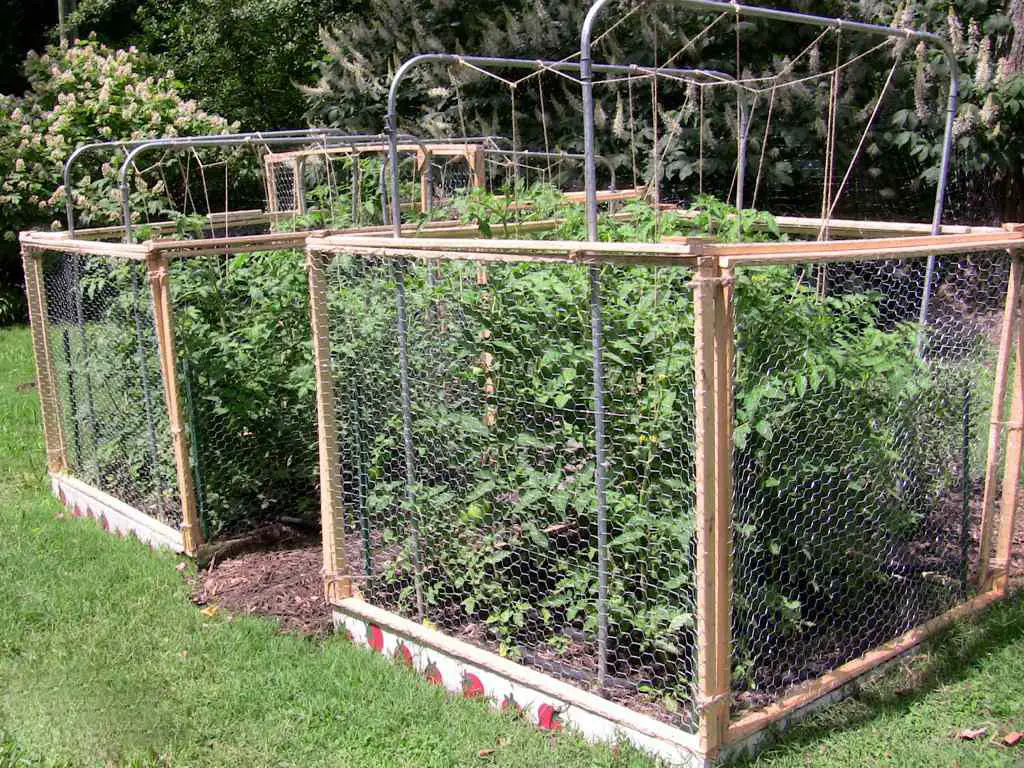
Implementing Safe and Humane Squirrel Deterrence
When dealing with squirrels, it is important to utilize safe and humane deterrence techniques.
Humane Trapping Techniques
If preventive methods are not yielding the desired results, you can consider humane trapping techniques. Live traps can be used to capture squirrels without causing them harm. Once captured, release them in a suitable wooded area away from your garden. Contact your local wildlife authorities or animal control for guidance on humane trapping and release.
Relocating Squirrels
When releasing squirrels, it is crucial to ensure they have access to a suitable habitat with food and water sources. Relocating squirrels to an area where they will not cause harm to other properties or gardens is essential in maintaining a balanced ecosystem.
Collaborating with Neighbors and Local Authorities
Sometimes, the efforts of one individual may not be enough to effectively deter squirrels from vegetable gardens. Collaborating with neighbors and local authorities can help create a united front against these garden invaders.
Sharing Prevention Techniques
Exchange prevention techniques with your neighbors who also have vegetable gardens. By learning from their experiences and vice versa, you can develop a comprehensive approach to keeping squirrels at bay.
Scheduling Community Efforts
Consider organizing community efforts to address the squirrel problem collectively. This can involve coordinating planting schedules, sharing repellents and prevention methods, and organizing regular clean-up activities to minimize squirrel attractants in the community.
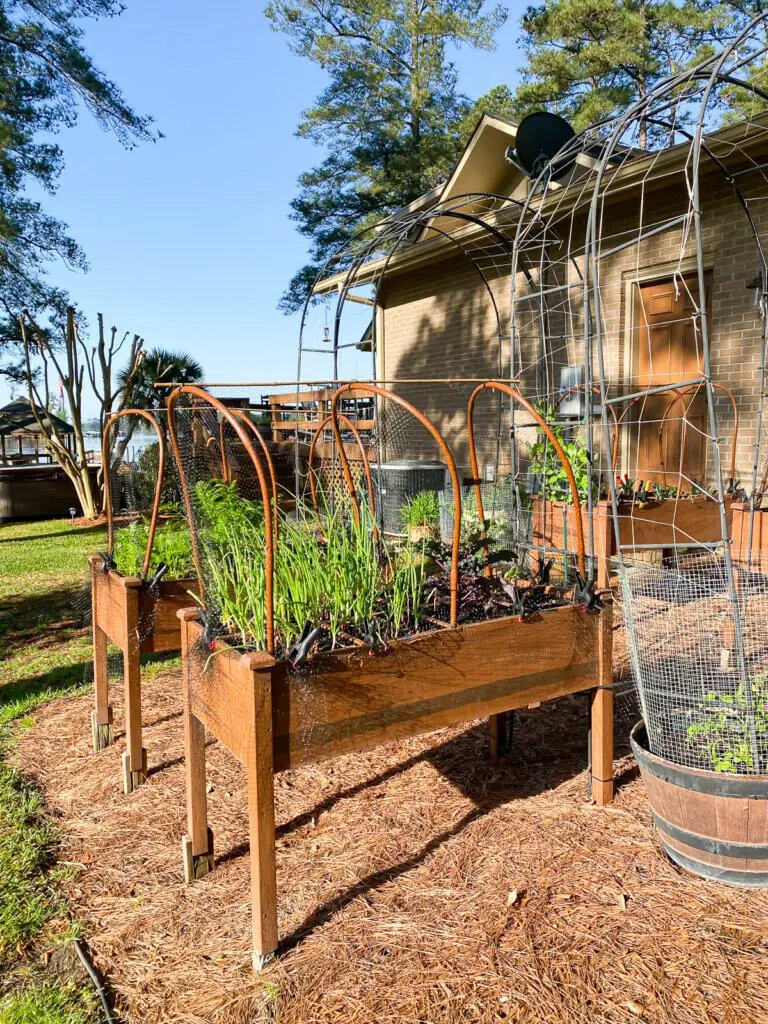
Seeking Professional Help if Necessary
If your attempts to protect your vegetable garden from squirrels are not proving successful, it may be necessary to seek professional help.
Consulting with Pest Control Experts
Pest control experts have the knowledge and tools to effectively address squirrel infestations. Consult with them to assess the severity of the infestation and determine the most appropriate course of action.
Considering the Use of Traps or Repellents
In some cases, traps or repellents may be necessary to address a particularly persistent squirrel problem. Pest control experts can help determine the most suitable traps or repellents for your specific situation.
Conclusion
While squirrels may be cute and entertaining to watch, they can wreak havoc on your vegetable garden. By understanding the nature of squirrels and their impact on vegetable gardens, as well as implementing effective prevention methods, you can protect your plants and ensure a bounteous harvest. Remember, maintaining a squirrel-proof garden requires consistent effort and regular monitoring. With the right techniques and a little perseverance, you can enjoy a thriving vegetable garden, free from squirrel damage.


